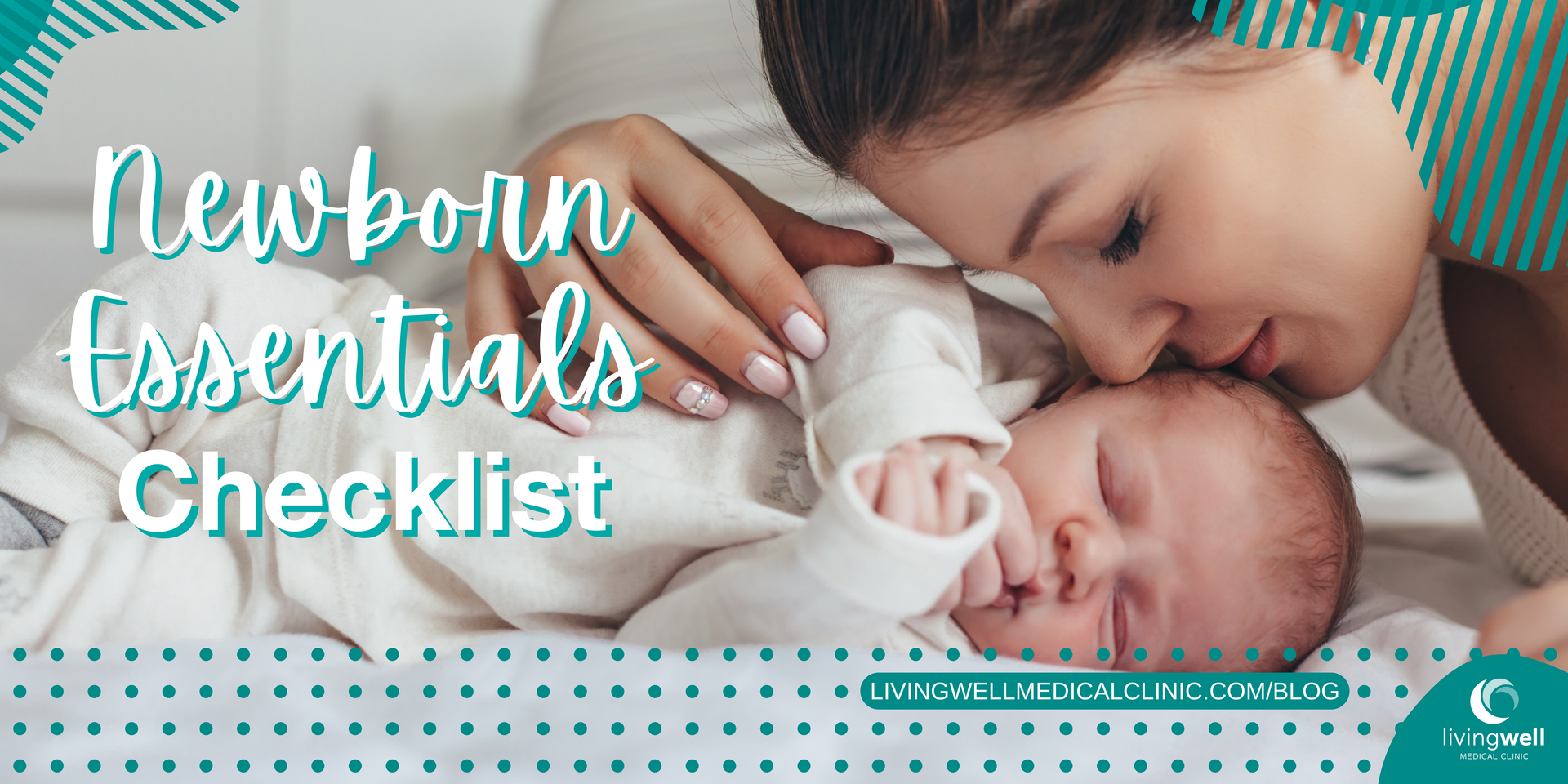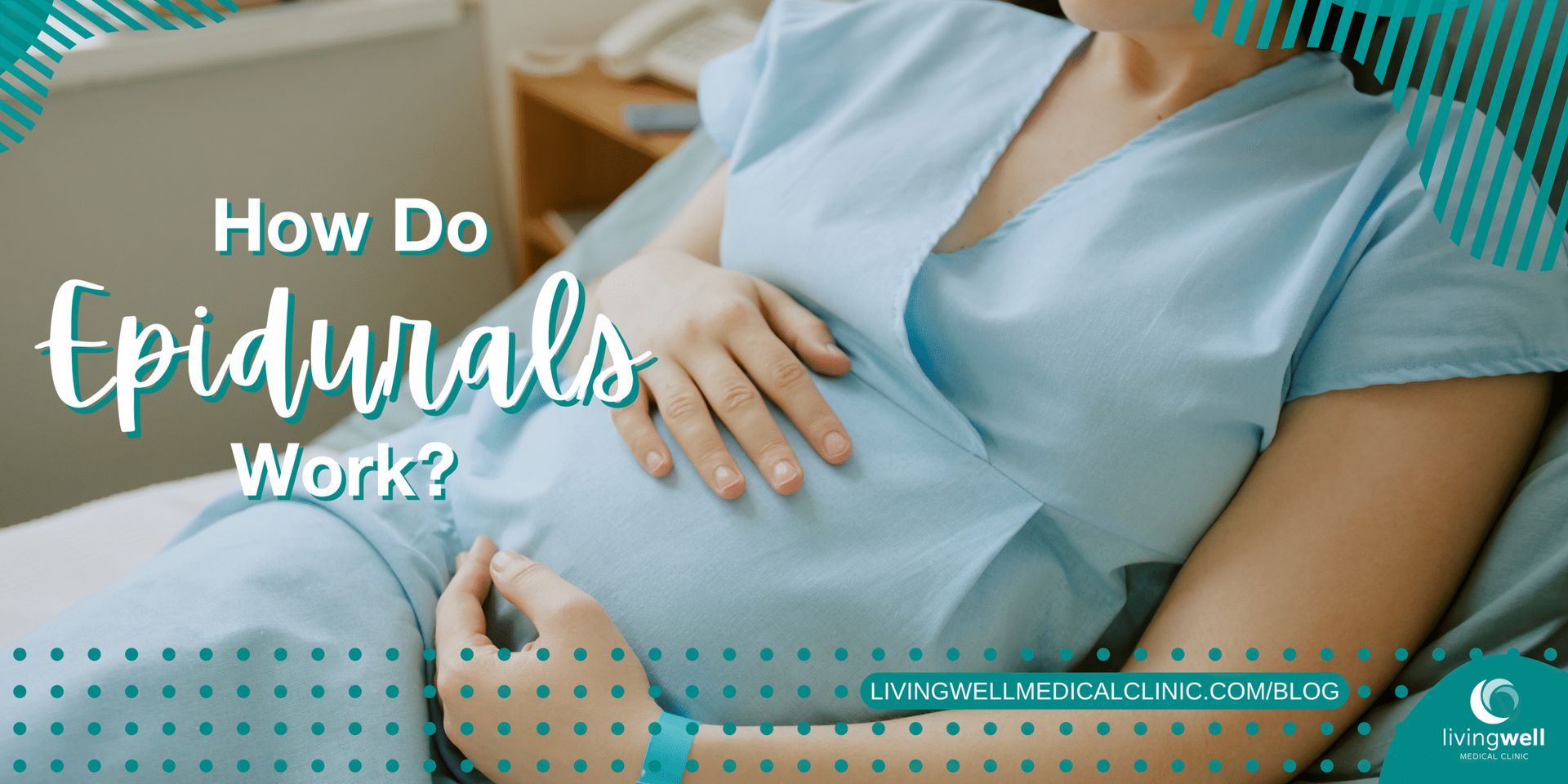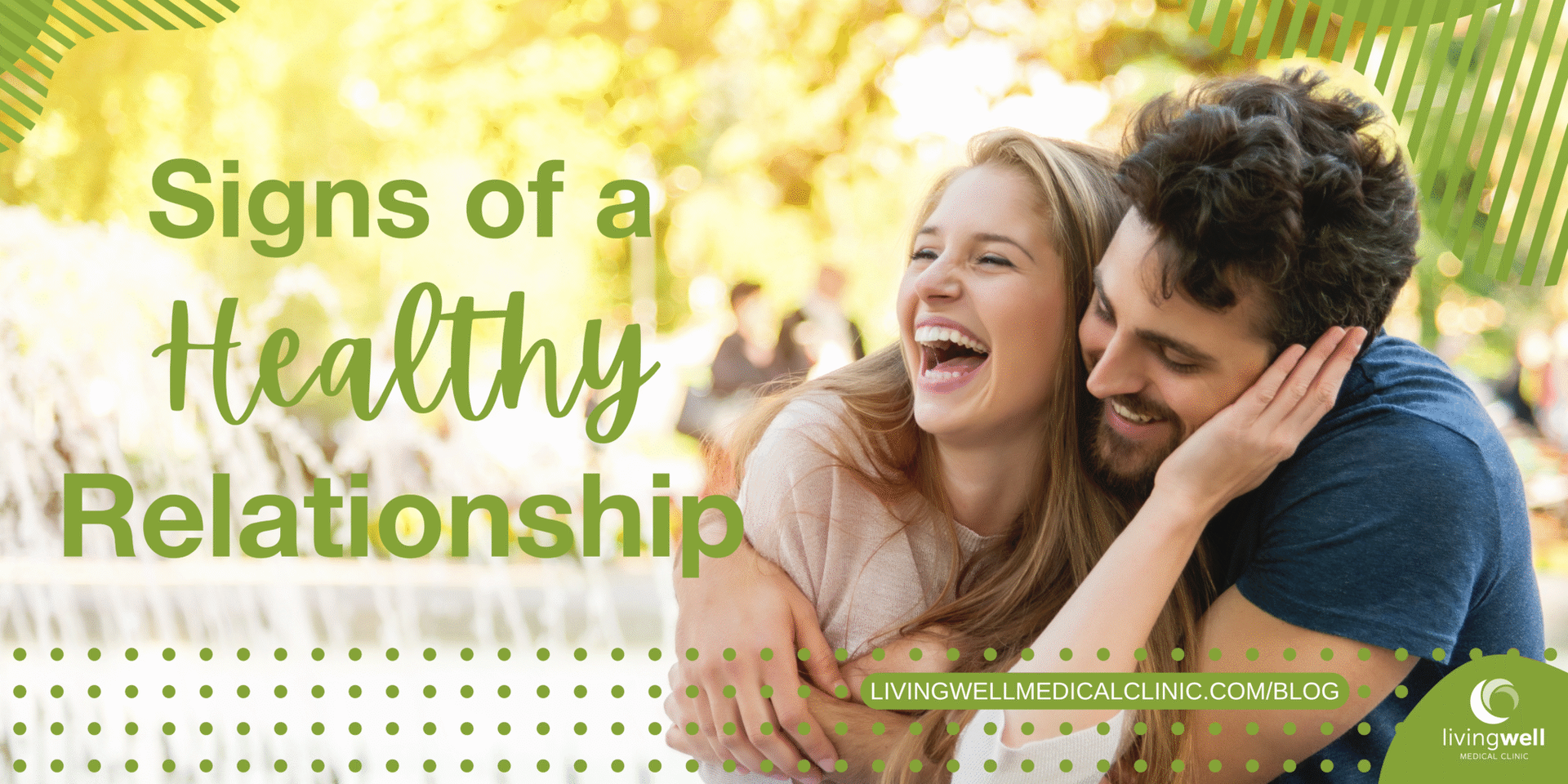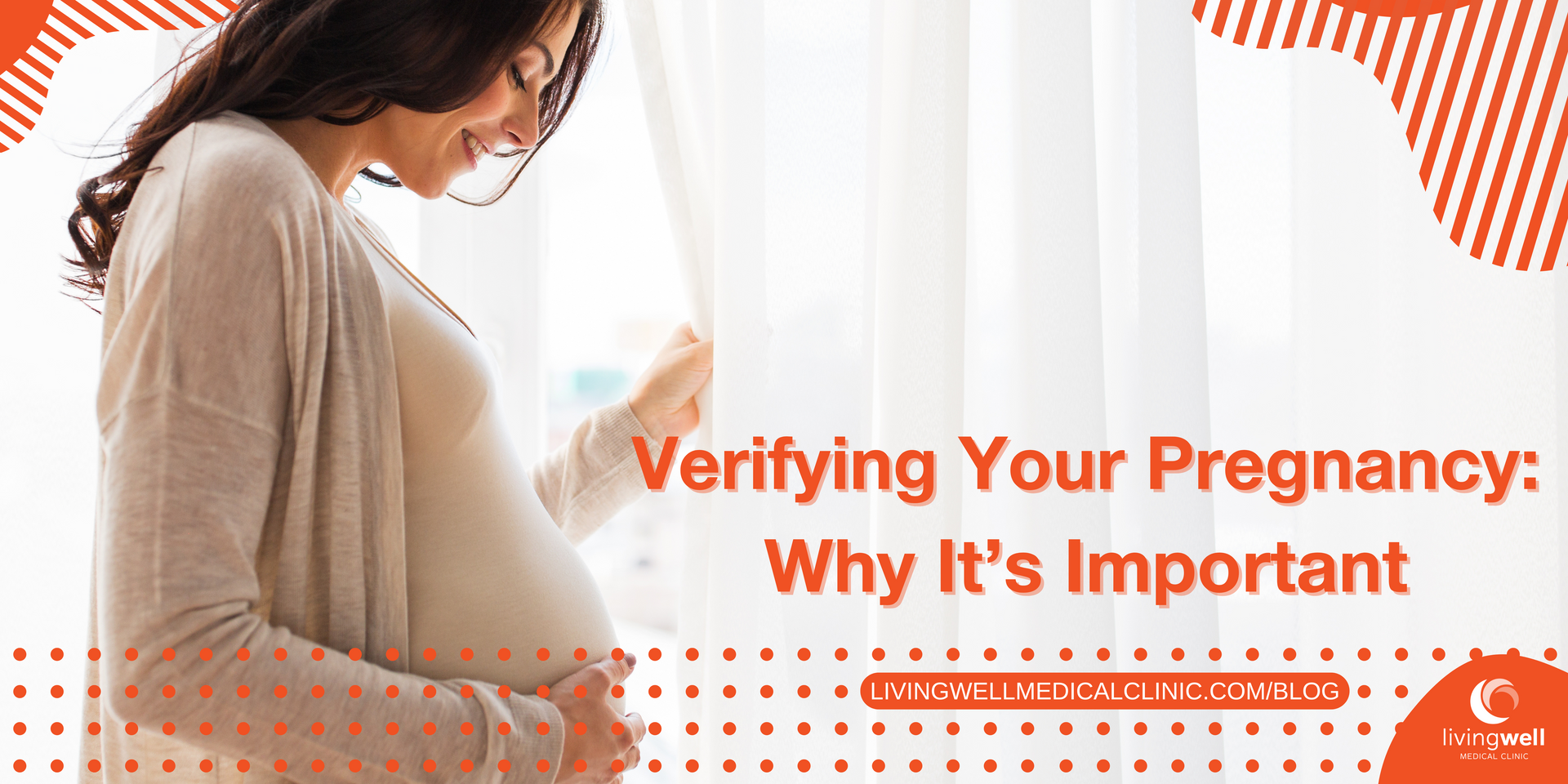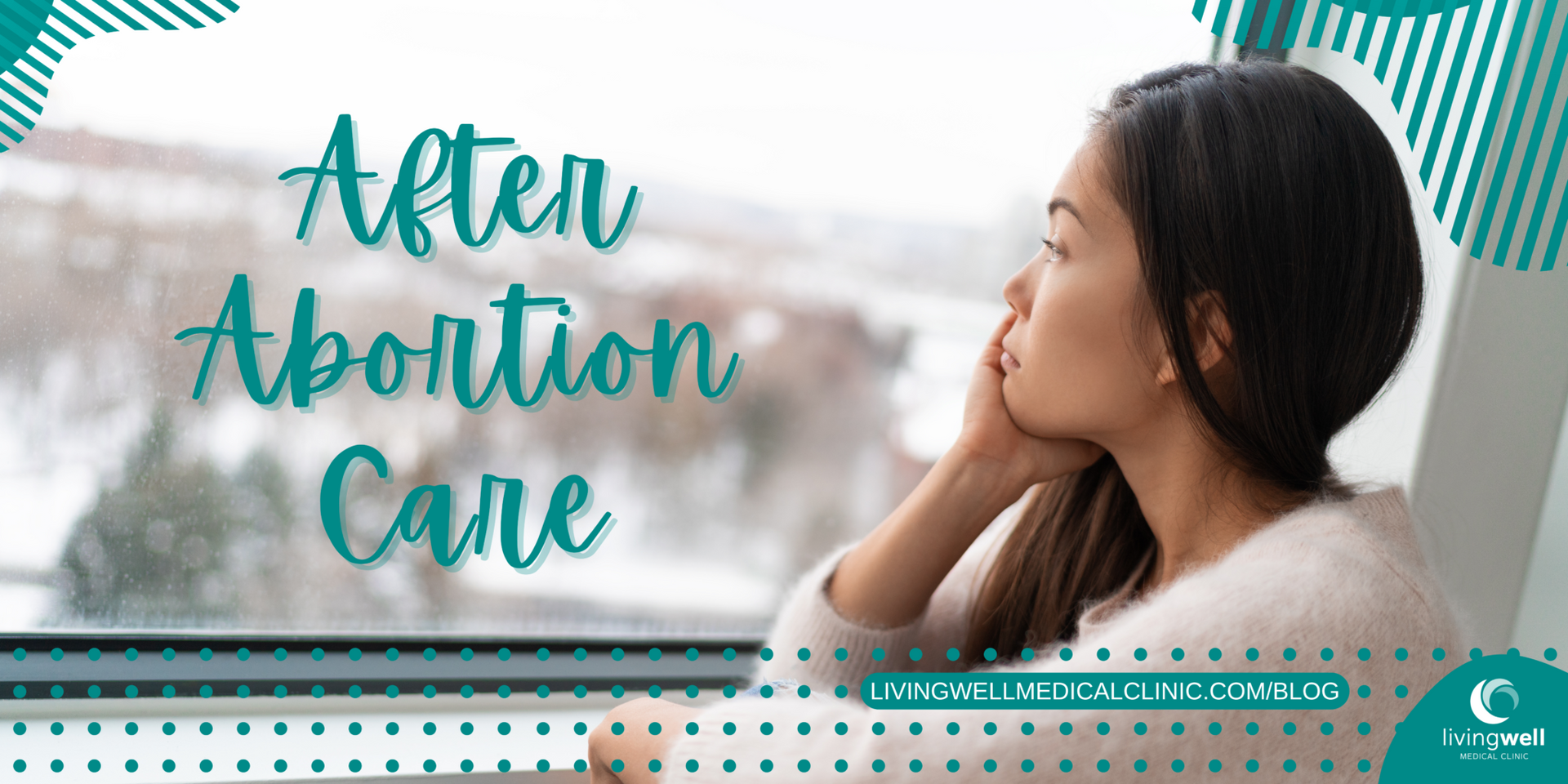Pregnancy and the COVID-19 Vaccine
Pregnancy and the COVID-19 Vaccine
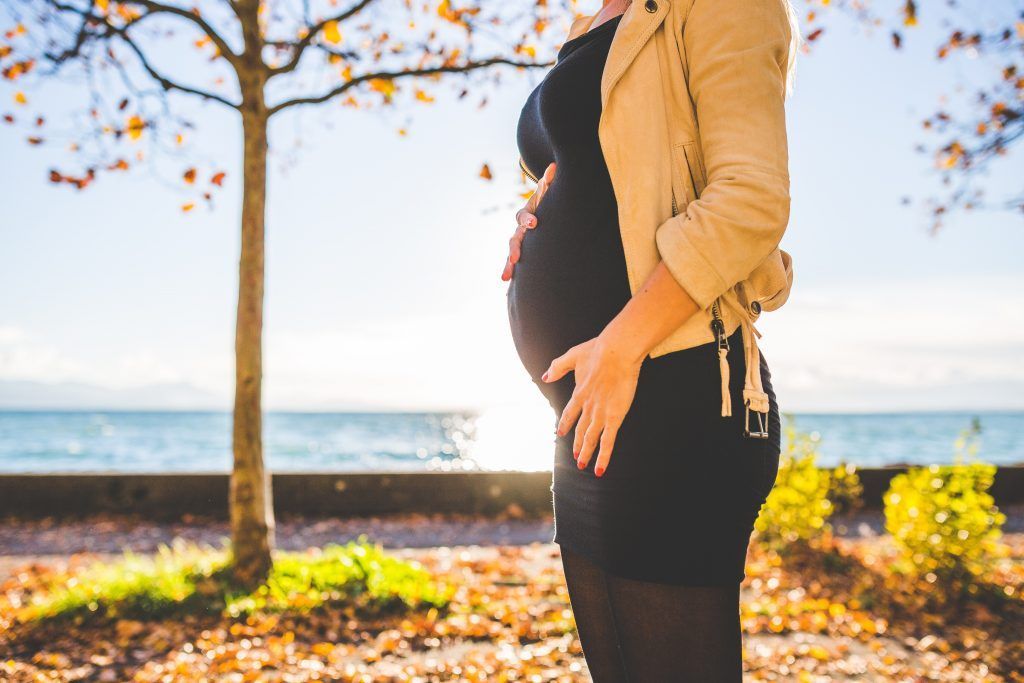
If you or someone you know is currently pregnant, there is a chance you have thought about how the COVID-19 vaccine impacts a pregnant woman. In this blog, you will find information from the CDC and other medical experts to learn more about this new topic. Keep in mind, this is meant to be solely informational. It is best to ask questions and discuss if you should get a vaccine or not with your OBGYN before making any medical decisions.
Current Information for Pregnant Women Considering the COVID-19 Vaccination
Currently, both the CDC and the Independent Advisory Committee on Immunization Practices (ACIP) have released available information to help pregnant women with their decision to either get or deny the COVID-19 vaccine.
Right now, the ACIP suggests that healthcare personnel, other frontline essential workers, and the elderly are a part of the Emergency Use Authorization (EUA) of the vaccine, and should be offered the option to receive it first, as they are considered the most vulnerable groups.
EUA is put in place by the CDC when there are limited amounts of a certain vaccine available. “While CDC makes recommendations for who should be offered COVID-19 vaccine first, each state has its own plan for deciding who will be vaccinated first and how they can receive vaccines. Please contact California Department of Public Health for more information on COVID-19 vaccination.”
https://www.cdc.gov/coronavirus/2019-ncov/vaccines/recommendations.html
If you are currently pregnant and not in one of the following recommended groups, the CDC suggests that you have the CHOICE of whether or not they want to receive the vaccination and should speak with your healthcare provider to help you make that choice.
“People who are pregnant and part of a group recommended to receive the COVID-19 vaccine may choose to be vaccinated. If they have questions about getting vaccinated, a discussion with a healthcare provider might help them make an informed decision… A conversation between pregnant patients and their clinicians may help them decide whether to get vaccinated with a vaccine that has been authorized for use under Emergency Use Authorization (EUA).”
(https://www.cdc.gov/coronavirus/2019-ncov/vaccines/recommendations/pregnancy.html)
Since the COVID-19 vaccine is so new, there is limited data about the safety of the current COVID-19 vaccines for pregnant women. As more clinical trials and studies are done, more information will be readily available. Both the CDC and Food and Drug Administration have set up safety monitoring systems to collect information regarding pregnancy and the vaccination. Currently, both of the vaccine manufacturers are monitoring women in the clinical trials who have become pregnant.
Experts from Johns Hopkins Medicine believe that although there is little information available regarding the current vaccine and pregnancy, it should be made available for pregnant women to receive if they choose to.
“While there are many unanswered questions about the vaccines in this population, Johns Hopkins Medicine agrees with and supports the recommendations of the Advisory Committee on Immunization Practices, the American College of Obstetricians and Gynecologists (ACOG), and the Society for Maternal-Fetal Medicine (SMFM).
- Pregnant and lactating women who otherwise meet criteria for vaccination should be offered access to the COVID-19 vaccine.
- This should be a shared decision among a woman, her care partner(s), and medical provider(s), based on individual risk factors and recognizing a current lack of data about the vaccines’ safety and efficacy during pregnancy and long-term maternal and fetal outcomes.” (John Hopkins Medicine)
From what they have seen so far, the CDC has stated that the side effects that may occur from the COVID-19 vaccine are the same in both non-pregnant and pregnant women.
“Side effects can occur after receiving either of the two available COVID-19 vaccines, especially after the second dose. These side effects are not expected to be any different for pregnant people than for non-pregnant people. Pregnant people who experience fever following vaccination may be counseled to take acetaminophen because fever has been associated with adverse pregnancy outcomes. Acetaminophen may be offered as an option for pregnant women experiencing other post-vaccination symptoms as well.
Some people have experienced allergic reactions after receipt of the vaccine. CDC recommends that all vaccine recipients, including pregnant people, should talk with their healthcare provider if they have a history of severe allergic reactions (e.g., anaphylaxis) to any other vaccine or injectable therapy (e.g., intramuscular, intravenous, or subcutaneous). Key considerations to inform these discussions include the unknown risks of developing a severe allergic reaction and the benefits of vaccination.” — CDC, Vaccine Side Effects
Another important factor about the current vaccine is that it does not contain a live virus. Experts from Johns Hopkins state:
“The first vaccines to receive emergency use authorization (EUA) are mRNA vaccines. The mRNA vaccines are not live virus vaccines, nor do they use an adjuvant (something that improves the immune response of a vaccine) to enhance vaccine efficacy. These vaccines do not enter the nucleus and do not alter human DNA in vaccine recipients. As a result, mRNA vaccines cannot cause any genetic changes.” (The COVID-19 Virus and Pregnancy)
Since the two available vaccines do not contain the live virus that causes COVID-19, it cannot give someone COVID-19 after they receive it, which is good to know in your decision-making process. The CDC has also shared that so far, experts believe the mRNA vaccines will not be dangerous to women who are pregnant, based only upon their general knowledge of how these particular vaccines work.
“Based on how mRNA vaccines work, experts believe they are unlikely to pose a specific risk for people who are pregnant. However, the actual risks of mRNA vaccines to the pregnant person and her fetus are unknown because these vaccines have not been studied in pregnant women.”
(https://www.cdc.gov/coronavirus/2019-ncov/vaccines/recommendations/pregnancy.html)
Speak With Your OB-GYN
Experts all agree that the best thing you can do is sit down and talk with your OB-GYN to ask questions about the safety of and your concerns regarding pregnancy and the COVID-19 vaccination. As doctors from Johns Hopkins state:
“The Food and Drug Administration’s EUA for the Pfizer-BioNTech COVID-19 mRNA vaccine states: “If you are pregnant or breastfeeding, discuss your options with your healthcare provider.” (The COVID-19 Virus and Pregnancy)
It’s their job to help you, so don’t feel bad asking them about all of your questions and concerns. They want to help you make the best choice for you and your baby regarding the vaccination; don’t hesitate to reach out for help!
Below are some examples of questions you can discuss with your OBGYN. (It is important to ask any other questions you may have regarding vaccination):
- What current information is known about the vaccine and pregnancy?
- What side effects are possible, both to me and my unborn baby?
- How well will it protect me and my unborn baby?
- How likely am I to be exposed to COVID-19?
How We Can Help
It’s important to make the most informed choices during your pregnancy for you and your baby. That’s why our team at LivingWell Medical Clinic is dedicated to helping you during this process. Whether you need help finding a good OB-GYN or just need someone to talk to about your pregnancy, we can help. If you have any questions or need support, call us at 530.272.6800. We would love to meet you!

Neva Monigatti-Lake
Medical Director
The content on this page has been reviewed and approved by our Medical Director.
